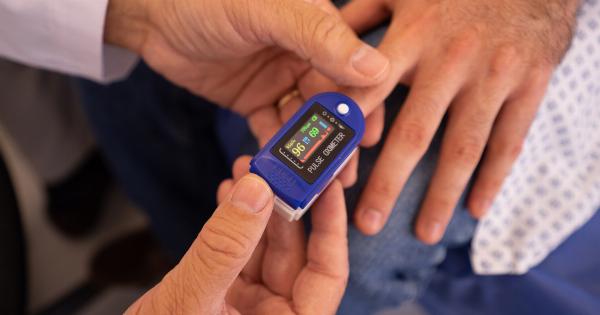Heart failure is a serious condition where the heart isn’t pumping blood as effectively as it should be. It’s a chronic condition and often develops gradually over time, and it can be caused by many different factors.
The earlier heart failure is diagnosed, the more effective treatment can be. Here are ten of the early signs and symptoms of heart failure that everyone should know.
Shortness of Breath
Shortness of breath is an early sign of heart failure and typically occurs during physical activity. As the condition progresses, shortness of breath can occur even at rest and can be accompanied by a persistent cough and wheezing.
This happens when the heart is not pumping enough blood to the lungs, causing fluid to build up.
Fatigue
Another early sign of heart failure is extreme fatigue and weakness. The heart has to work harder to pump blood, so the body is getting less oxygen and other vital nutrients.
This can result in feelings of exhaustion and reduced stamina, making everyday activities more challenging.
Difficulty in Sleeping
If you are unable to sleep comfortably at night, it can be an early sign of heart failure. The swelling of your legs and abdomen, as well as shortness of breath, can make it difficult to sleep comfortably.
This leads to disturbed sleep patterns and can cause tiredness during the day.
Swelling
Swelling in the legs, ankles, feet, or stomach is another early sign of heart failure. This occurs when the heart is unable to pump enough blood, causing fluid to build up in your body.
This swelling is known as edema, and it can be painful, making it difficult to move around or even walk.
Rapid Heartbeat
A rapid or irregular heartbeat is another early sign of heart failure. This is usually accompanied by shortness of breath and feelings of fatigue. Also, the body compensates for the lack of blood and oxygen, leading to an increased heart rate.
Changes to Urination
If you are experiencing sudden and frequent urges to urinate, especially during the night, it can be an early sign of heart failure. The kidneys begin to produce more urine when blood flow to the kidneys decreases due to heart failure.
However, some people may experience a decrease in the amount of urine produced or the urine may appear foamy or contain blood.
Loss of Appetite, Nausea, and Vomiting
People with heart failure may experience a loss of appetite or even feel nauseated and experience vomiting. This occurs because the digestive system’s blood flow decreases as the heart works harder to pump blood.
Furthermore, poor digestion leads to malnutrition, even though you may feel full.
Chest Pain
Chest pain is a less common early sign of heart failure but can still occur, especially when performing physical activities. Chest pain can also occur as the heart muscle weakens and can no longer pump blood efficiently.
Dizziness or Fainting
Dizziness, light-headedness, and even fainting can be early signs of heart failure. These symptoms occur because the heart is unable to pump enough blood to the brain, leading to a decrease in blood pressure.
It is essential to seek medical attention if these symptoms occur.
Anxiety and Depression
People with heart failure may experience anxiety, depression, or other mood disturbances due to the lifestyle changes and reduced quality of life associated with the condition.
This emotional distress can also have a physical impact on the body, further exacerbating symptoms of heart failure.























